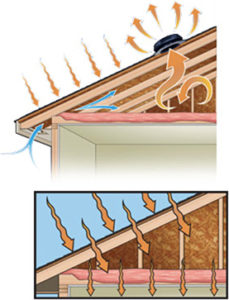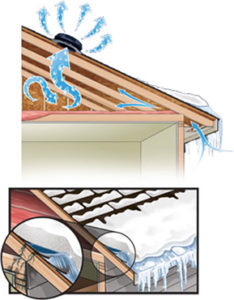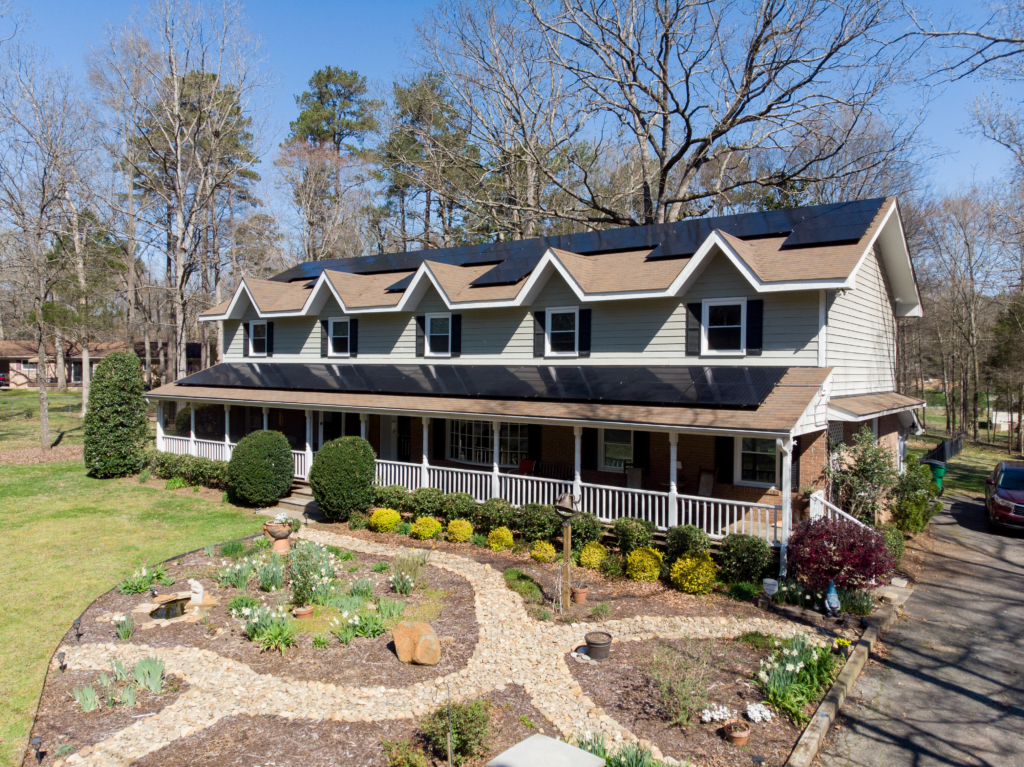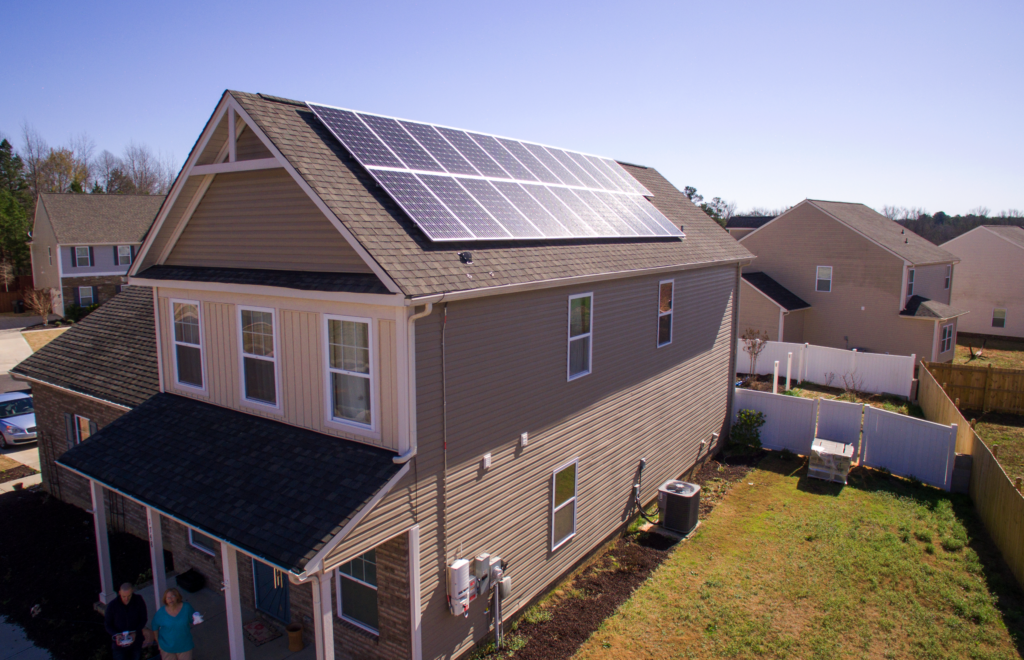Solar Attic Fan
Awesome Solar CTA. Really Amazing…
Solar attic fans harness the power of the sun. Solar Star Attic Fans cost nothing to operate and are virtually maintenance-free. They require no electrical wiring, making them easy to install and maintain. Solar Attic Fans prevent heat and moisture from reaching critical levels so your attic stays cool and dry. As a result, you get greater comfort, lower utility bills and prolonged roof life. As the leader in solar-powered attic ventilation systems, Solar Star offers technologically advanced and eco-friendly solutions that deliver comfort and peace of mind.
Solar Attic Fans Protect Your Home
Heat and moisture are your enemies when it comes to your home. Solar Star Attic Fans neutralize moisture and drive out heat, keeping your home cool in summer and protecting it from harm during the winter.
Protection Through the Summer
Summer means longer days, more sun, and warmer temperatures. If heat isn’t vented from your attic properly, it builds up and causes problems in your home including: living spaces become hot and uncomfortable, air conditioning units work harder to keep rooms cool, utility costs rise due to increased energy demand, and roof structures and materials deteriorate.
A Solar Star Attic Fan helps to solve these problems by removing excess heat from your home, giving you a more comfortable interior and lower energy bills
Protection Through the Winter
With winter comes ice, snow, and cold temperatures. When coupled with excess humidity from showers, humidifiers, and dishwashers, it can lead to some of the following: Leaks and structural decay triggered by ice buildup on your roof, damage to insulation and framing materials produced by moisture accumulation, and weakening of internal structures caused by mold and fungus growth
A Solar Star Attic Fan helps to prevent these potentially disastrous issues by equalizing interior and exterior temperatures, safeguarding your home.
 summer
summer
 winter
winter

Frequently Asked Questions About Solar for Your Home:
How exactly does going solar and a solar system itself work?
How many solar panels do I need for my home?
Roof-size/available space: When we look at the size of your roof and the space available, we gather data that tell us the maximum number of solar panels your home or site can hold and we even consider shading. We use a software “Suneye” which takes a 360 picture of your roof and we use this photo to determine if your home is a good candidate for solar.
Energy Usage: When we determine energy usage we look at your past electrical bills from over the course of a year to make sure your system isn’t too big or too small.
Your Budget: We take your budget seriously and most importantly, we want you to be satisfied with our services. We take your feedback on how much you want to spend so that we can size your system appropriately.
What is solar net-metering?
Does Duke Energy offer net-metering?
Curious about the cost of a home solar system?
PV Solar System
Our PV Solar Systems are really, really great and they are priced perfectly and will immediately and fundamentally improve the quality of your life.
Energy Storage
Our PV Solar Systems are really, really great and they are priced perfectly and will immediately and fundamentally improve the quality of your life.
EV Chargers
Our PV Solar Systems are really, really great and they are priced perfectly and will immediately and fundamentally improve the quality of your life.
Ready to Own Your Own Energy?
Speak to Us Today!

